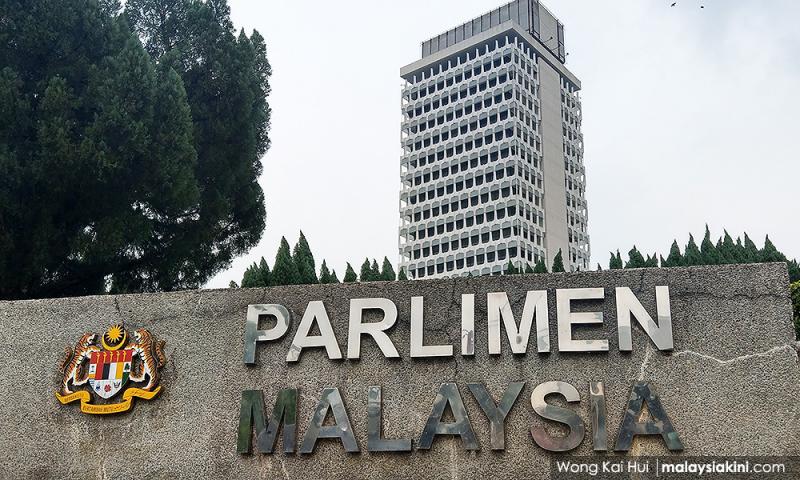LETTER | Emergency, ordinances must be debated in Parliament
LETTER | Article 150(2C) of the Federal Constitution states, amongst others, that an ordinance promulgated under Clause (2B) shall have the same force and effect as an act of Parliament and shall continue in full force and effect as if it is an act of Parliament until it is annulled under Clause 3.
In other words, the Emergency (Essential Powers) Ordinance 2021 does not have to be ‘passed in Parliament to have the force and effect of an act of Parliament as the Federal Constitution recognises it as an act of Parliament.
So the next logical question one would ask is: does the Federal Constitution require the proclamation of emergency and the emergency ordinance to be brought to Parliament and, if so, for what purpose?
The answer would be in Article 150(3) of the Federal Constitution. Article 150(3) states:
(3) A Proclamation of Emergency and any ordinance promulgated under Clause (2B) shall be laid before both Houses of Parliament and, if not sooner revoked, shall cease to have effect if resolutions are passed by both Houses annulling such Proclamation or ordinance, but without prejudice to anything previously done by virtue thereof or to the power of the Yang di-Pertuan Agong to issue a new Proclamation under Clause (1) or promulgate any ordinance under Clause (2B).
There are essentially two limbs to Article 150(3) and these two limbs are conjoined by the word ‘and'. They are to be read conjunctively, not disjunctively. In other words, both the requirement must mandatorily to be satisfied.
The first limb is a proclamation of emergency and any ordinance promulgated under Clause (2B) shall be laid before both Houses of Parliament. This means that both the proclamation of emergency and the emergency ordinance must be brought to Parliament.
However, the Federal Constitution does not stop there.
The second limb is the proclamation of emergency and the emergency ordinance shall cease to have effect if resolutions are passed by both Houses annulling such proclamation or ordinance.
This means that the Federal Constitution envisages or contemplates a resolution to be passed after the proclamation and ordinance are brought to Parliament.
What could be that resolution? We saw earlier that it cannot be a resolution to ‘pass’ the ordinance because the Federal Constitution (Article 150(2C)) by operation of law gives it the force of an Act of Parliament. The Federal Constitution(Article 150(2C)) does not require its (the ordinance’s) validity to be tested in Parliament.
The only logical interpretation or conclusion on what resolution the Federal Constitution envisages under Article 150(3) is a resolution to annul the Proclamation and ordinance. In other words, the Federal Constitution gives power to lawmakers and provides for the continuation of the Proclamation and ordinance to be tested in Parliament.
And that is exactly what the second limb states: if resolutions are passed by both Houses annulling such proclamation or ordinance. If passed, then the Federal Constitution says that the proclamation and ordinance shall cease to have effect.
To summarise, Article 150(3) essentially says this: Both the proclamation of emergency and the emergency ordinance must be brought to Parliament and, if there is a resolution to annul the Proclamation and ordinance, that resolution stands on a constitutional footing, and it must be allowed to take precedence over any subsidiary procedures of the House, to be debated and voted on thereafter to see if the resolution is passed.
Any attempt by the speaker of the House not to allow such a resolution to take precedence would constitute a violation of Article 150(3) of the Federal Constitution.
There is however a saving provision in Article 150(3) which says that even if the proclamation and ordinance are annulled by Parliament, there is nothing to stop the Yang di-Pertuan Agong from issuing a new proclamation of emergency or promulgating an ordinance under the new emergency. But that is a separate matter.
I stand corrected.
The views expressed here are those of the author/contributor and do not necessarily represent the views of Malaysiakini.
RM12.50 / month
- Unlimited access to award-winning journalism
- Comment and share your opinions on all our articles
- Gift interesting stories to your friends
- Tax deductable
